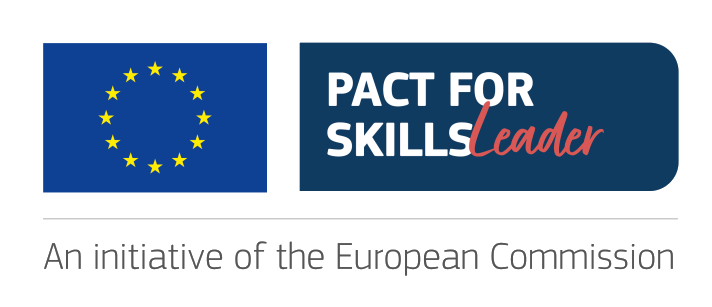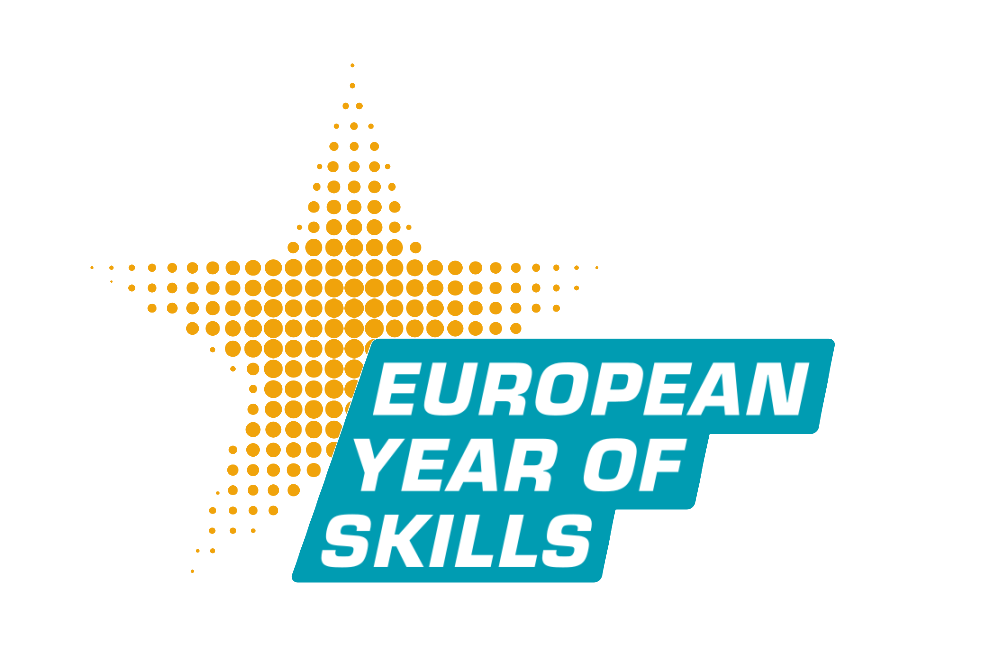About UPC
The Universitat Politècnica de Catalunya · BarcelonaTech (UPC) is a public institution of research and higher education in the fields of engineering, architecture, sciences and technology, and one of the leading technical universities in Europe. Every year, more than 6,000 bachelor’s and master’s students, more than 231 doctoral students graduate and 3,591 graduates in lifelong learning. The UPC has a high graduate employment rate: 93% of its graduates are in work and 76% find a job in under three months. It is ranked in the main international rankings.
The activity that goes on at UPC campuses and schools has made the University a benchmark institution. The University harnesses the potential of basic and applied research, and transfers technology and knowledge to society. These actions make the UPC—in partnership with the productive fabric—an agent and driver of economic and social change.
The UPC has created a complex network of international alliances with other universities, research institutions and companies that organise new projects and support a good number of initiatives in which the word “collaboration” is the key element. The sphere of action of these alliances without borders is an interconnected world that promotes the sharing of knowledge and experience.
The Research group of Astronomy and Geomatics (gAGE/UPC) is an interdepartmental research group of UPC involving the Departments of Mathematics and Physics. The education activities of gAGE/UPC include both, graduate and post-graduate levels, having created and coordinated several Master and Doctorate courses on GNSS. From 2010 to 2016 gAGE/UPC members have participated as invited lecturers in the ESA International Summer School on GNSS, organizing that School in Barcelona during 2015. Currently, members of gAGE/UPC take part in several international groups of experts; have published more than 100 scientific papers in peer-reviewed journals and more than 250 papers in congress proceedings in the GNSS field. This large number of publications demonstrate the capability and experience of gAGE/UPC in the assessment of the performance of high accuracy and integrity of GNSS services for the end-users of interest in the current activity. gAGE/UPC senior members share 5 registers of patents on GNSS (2 internationally linked to WARTK and Fast PPP techniques, with 12 associated entries) and four books on GNSS Data Processing, the last one, with two volumes published by ESA. See gAGE/UPC website https://gage.upc.edu/en.
The Remote Sensing, Antennas, Microwaves and Superconductivity Group (CommSensLab-UPC) Specific Research Center, of the Department of Signal Theory and Communications, Universitat Politècnica de Catalunya, was a Maria de Maeztu Unit of Excellence (2017-2020) and is focused on research on antennas, microwaves, radar, remote sensing and optical communications. Within CommSensLab-UPC the Remote Sensing Lab’s main activities deal with passive microwave remote sensing (microwave radiometry and GNSS-Reflectometry) and Synthetic Aperture Radar (SAR), spanning from the instrument development to the electromagnetic modelling of the wave-matter interactions to the end-used applications. The UPC NanoSat Lab focuses on the exploration of innovative small spacecraft systems and subsystems. It has already launched 4 NanoSatellites, including the ESA FSSCat mission, and two more are underway.



